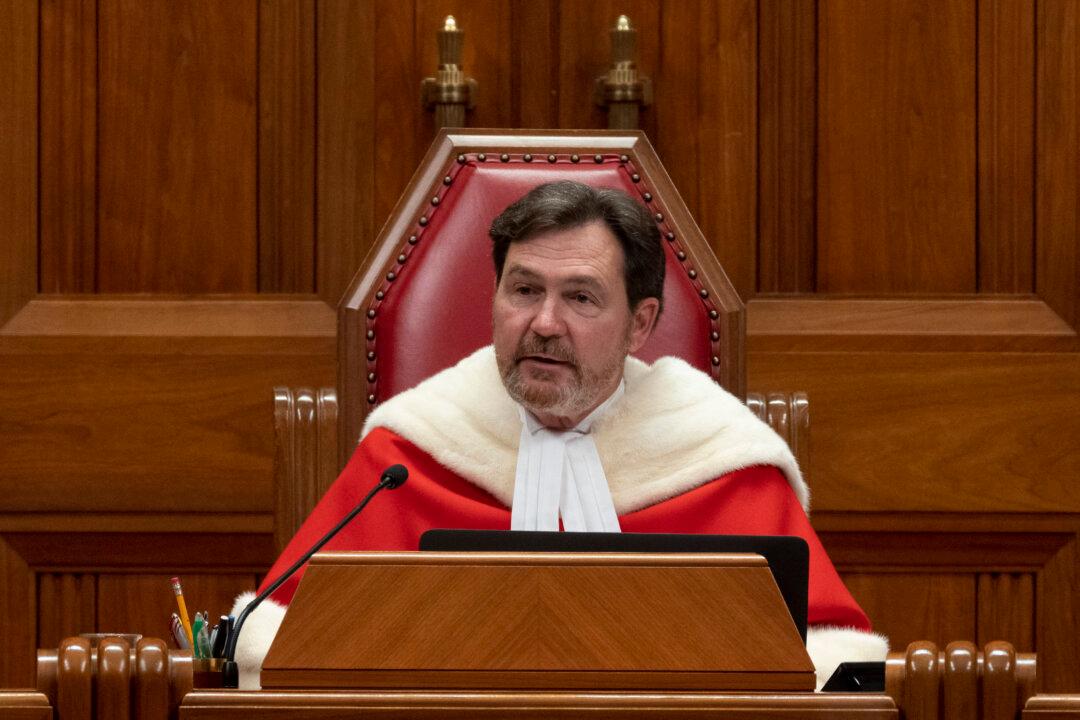Thirteen lawyers have sent a complaint letter to the Canadian Judicial Council (CJC) about comments made by Supreme Court of Canada Chief Justice Richard Wagner regarding the trucker convoy that staged large-scale protests against COVID-19 mandates in downtown Ottawa earlier this year.
The seven-page letter quotes a full page of excerpts from an April 9 Le Devoir article in which Wager said the convoy was “the beginning of anarchy where some people have decided to take other citizens hostage, to take the law into their own hands, not to respect the mechanism. … That, I find that worrying.”





